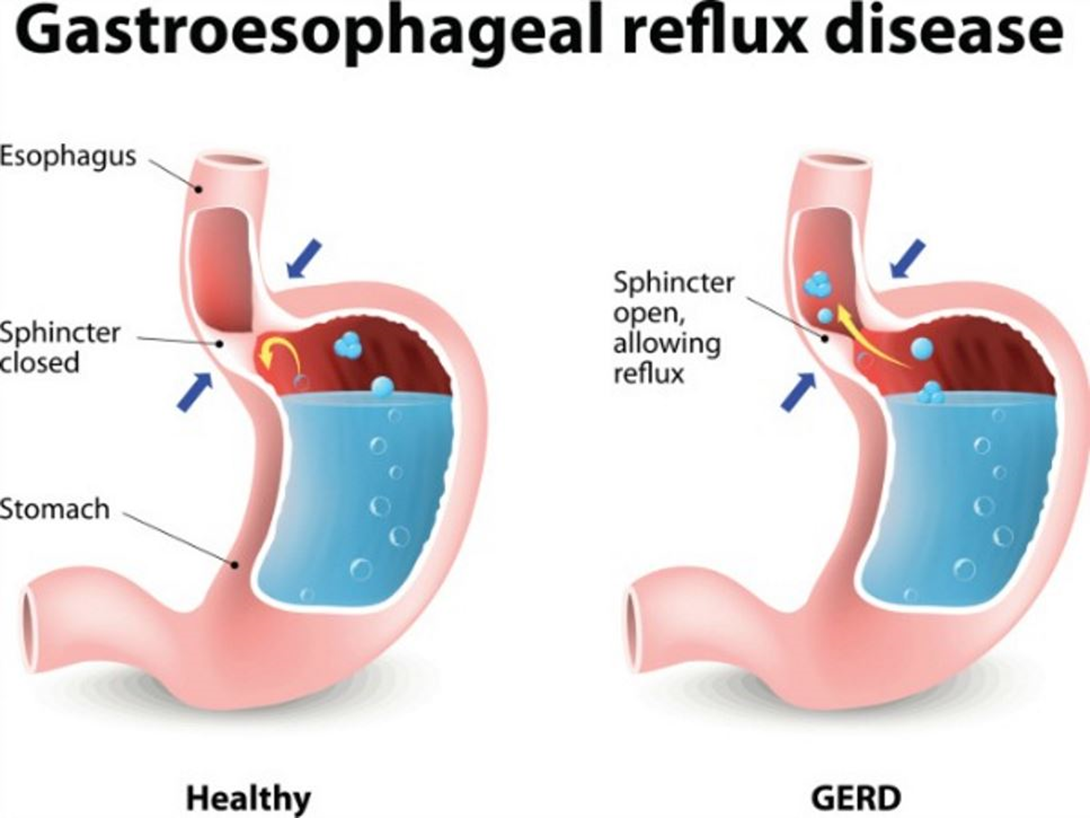A nurse is teaching a group of clients about stress. Which of the following should the nurse include in the teaching?
Acute stress causes an increase in metabolism.
Stress causes a positive nitrogen balance in the body.
Protein requirements decrease in times of stress.
Glucose is broken down more slowly during times of stress.
The Correct Answer is A
Choice A reason: Acute stress causes an increase in metabolism, as the body activates the sympathetic nervous system and releases hormones such as adrenaline and cortisol. These hormones increase the heart rate, blood pressure, and oxygen consumption, and mobilize glucose and fatty acids for energy. The nurse should explain to the clients that acute stress can have beneficial effects, such as enhancing alertness, memory, and performance, but it can also have harmful effects, such as impairing digestion, immunity, and growth.
Choice B reason: Stress causes a negative nitrogen balance in the body, not a positive one. Nitrogen balance is the difference between the amount of nitrogen ingested and the amount of nitrogen excreted. A positive nitrogen balance means that the body is retaining more nitrogen than it is losing, which indicates growth, healing, or pregnancy. A negative nitrogen balance means that the body is losing more nitrogen than it is retaining, which indicates malnutrition, illness, or injury. The nurse should inform the clients that stress can cause a negative nitrogen balance, as the body breaks down protein for energy and loses nitrogen through urine, sweat, and wounds.
Choice C reason: Protein requirements increase in times of stress, not decrease. Protein is essential for tissue repair, immune function, and hormone synthesis. The nurse should advise the clients that stress can increase the protein needs of the body, as the body loses protein through catabolism, inflammation, and infection. The nurse should recommend the clients to consume adequate amounts of high-quality protein, such as eggs, milk, cheese, meat, fish, poultry, soy, and nuts.
Choice D reason: Glucose is broken down more quickly during times of stress, not more slowly. Glucose is the main source of energy for the brain and the muscles. The nurse should educate the clients that stress can increase the glucose levels in the blood, as the body releases glucose from the liver and muscles to provide fuel for the stress response. The nurse should also warn the clients that chronic stress can lead to insulin resistance, diabetes, and cardiovascular disease.
Nursing Test Bank
Naxlex Comprehensive Predictor Exams
Related Questions
Correct Answer is B
Explanation
Choice A reason: Diabetes mellitus is not a likely complication of malnutrition, as it is caused by insufficient insulin production or action, not by inadequate food intake. Malnutrition may worsen the outcomes of diabetes, but it does not cause it.
Choice B reason: Pressure injury is a common complication of malnutrition, as it is caused by impaired tissue perfusion and oxygenation due to poor nutrition. Malnutrition can lead to loss of muscle mass, subcutaneous fat, and skin integrity, which increase the risk of developing pressure ulcers.
Choice C reason: Heat intolerance is not a direct complication of malnutrition, as it is caused by impaired thermoregulation due to hormonal or neurological disorders, not by insufficient food intake. Malnutrition may affect the body's ability to cope with heat stress, but it does not cause it.
Choice D reason: Gastroesophageal reflux disease (GERD) is not a typical complication of malnutrition, as it is caused by the backflow of gastric contents into the esophagus due to a weak or incompetent lower esophageal sphincter, not by inadequate food intake. Malnutrition may aggravate the symptoms of GERD, but it does not cause it.
Correct Answer is A
Explanation
Choice A reason: Positioning the newborn at a 20-degree angle after feeding can help prevent the reflux of gastric contents into the esophagus. This position allows gravity to keep the food in the stomach and reduces the pressure on the lower esophageal sphincter. The nurse should instruct the parent to keep the newborn in this position for at least 30 minutes after each feeding.
Choice B reason: Diluting formula with 1 tablespoon of water is not recommended, as it can cause water intoxication, electrolyte imbalance, and malnutrition in the newborn. Water intoxication can lead to seizures, coma, and death. The nurse should advise the parent to follow the manufacturer's instructions for preparing the formula and not to add extra water.
Choice C reason: Placing the newborn in a side-lying position if vomiting is not a safe practice, as it can increase the risk of aspiration and sudden infant death syndrome (SIDS). Aspiration is when food or liquid enters the lungs and causes pneumonia or respiratory distress. SIDS is when a healthy baby dies suddenly and unexpectedly during sleep. The nurse should instruct the parent to place the newborn on the back for sleeping and to avoid soft bedding, pillows, and stuffed animals.
Choice D reason: Providing a small feeding just before bedtime is not a good idea, as it can worsen the gastroesophageal reflux and disrupt the newborn's sleep. The nurse should suggest the parent to feed the newborn smaller and more frequent meals throughout the day and to avoid feeding the newborn within 2 to 3 hours of bedtime.

Whether you are a student looking to ace your exams or a practicing nurse seeking to enhance your expertise , our nursing education contents will empower you with the confidence and competence to make a difference in the lives of patients and become a respected leader in the healthcare field.
Visit Naxlex, invest in your future and unlock endless possibilities with our unparalleled nursing education contents today
Report Wrong Answer on the Current Question
Do you disagree with the answer? If yes, what is your expected answer? Explain.
Kindly be descriptive with the issue you are facing.
